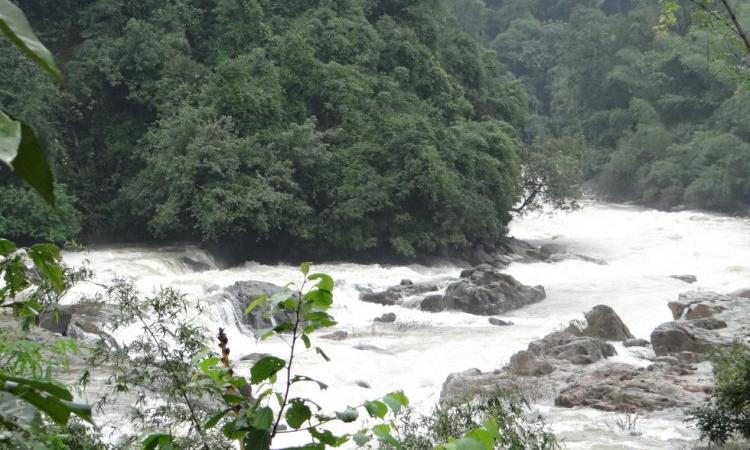
Social Impact Assessment alone not enough for Yettinahole, say activists
The Karnataka Government has decided to conduct a Social Impact Assessment (SIA) study for the Yettinahole project through the Revenue Department. However, activists have also been demanding an Environment Impact Assessment (EIA) because the decision taken by the Government to conduct just the SIA is bogus. To save the Nethravathi river, an online petition has been filed which is set to reach the Supreme Court and the Centre. Around 600 people have already signed the petition within a day.
Government considers plan to privatise water supply in urban India
The Ministry of Urban Development has started preparing a model that will serve as the framework for public-private participation (PPP) in water distribution in urban India. The model would be implemented in the 100 Smart Cities and 500 cities chosen under the Atal Mission for Rejuvenation and Urban Transformation (AMRUT). Per the Government, the PPP model will help meet the resource gap and ensure private sector efficiency.
Massive bandh in Karnataka for implementation of Kalasa-Banduri project
A massive bandh was organised in Karnataka on September 26 demanding the implementation of the Kalasa-Banduri Nala (diversion) project. The project envisages utilisation of 7.56 tmcft of water from the inter-state Mahadayi river to improve the drinking water supply to the twin cities of Hubballi-Dharwad and the districts of Belagavi and Gadag. The project is getting delayed as the Karnataka Government is at crossroads with neighboring Goa over the project.
Water leakage is the reason behind Bengaluru's high groundwater levels
Although the groundwater level continues to dip in Bengaluru, no alarming decrease in groundwater has been observed in the core area. The credit goes to the leaking pipes of the Bengaluru Water Supply and Sewerage Board that has caused some sort of recharge. Per the Central Groundwater Board (CGWB), inefficiency in the piped water system in the city has led to leakages of up to 48% which amounts to nearly 650 million litres per day of potable water entering the ground. Along with this, alarmingly high levels of nitrate have been found in the city's groundwater thanks to the flow of a large quantity of open sewage and inefficient solid waste management.
Soil and water of UP's Moradabad found highly contaminated with metals
Per a study conducted by the Centre for Science and Research (CSE), the soil and water of Uttar Pradesh's Moradabad city are highly contaminated with metals. Illegal and unchecked recycling of electronic waste is the reason behind this contamination. The study has suggested promoting the city, which is already a brass hub, as an e-waste and Pollution Control Board waste-dismantling centre to ensure a safe and legal business.
This is a roundup of important news updates from September 22 - 28, 2015. Also read last week's policy matters updates.
Lead Image Source: Parineeta Dandekar via South Asia Network on Dams, Rivers and People